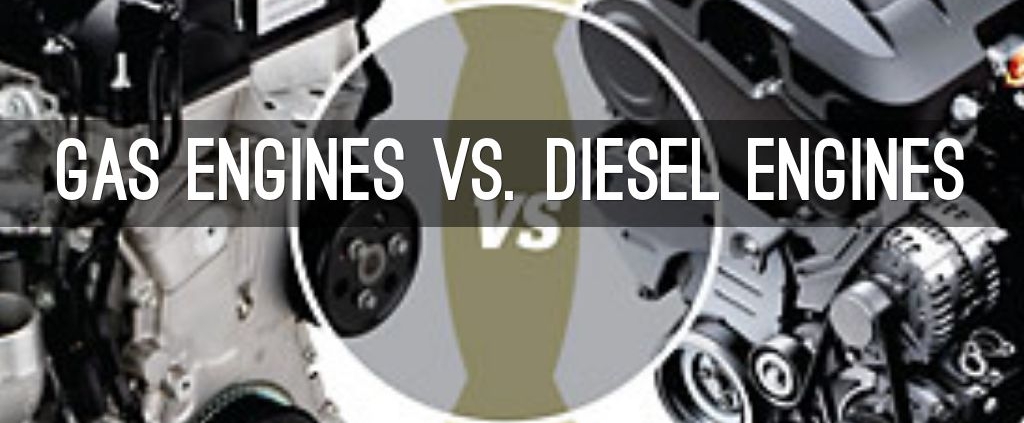Gas vs Diesel Engines:
What’s the Real Difference?
When you’re in the market for a new vehicle or just curious about what’s under the hood, understanding the differences between gas and diesel engines can help you make smarter choices. While they both serve the same core purpose—converting fuel into motion—the way they do it is significantly different. Let’s break it down.
How They Work: The Basics
At a glance, gas and diesel engines look similar. Both are internal combustion engines that ignite fuel to move pistons and power a vehicle.
The big difference lies in how that ignition happens:
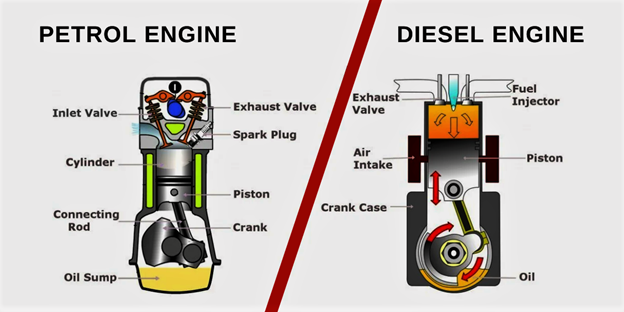
- Gasoline engines mix air and fuel before compressing it and ignite the mixture using a spark plug.
- Diesel engines compress only air until it’s hot enough, then inject fuel directly into the combustion chamber. The heat from the compressed air ignites the fuel—no spark plug needed.
This seemingly small difference leads to some major performance distinctions.
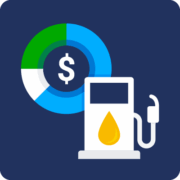
Efficiency and Fuel Economy
Diesel engines generally offer better fuel economy than gasoline engines. Why? Higher compression ratios and leaner air-to-fuel mixtures make diesel engines more efficient.
- A diesel engine might get 20–30% more miles per gallon compared to a gas engine of similar size.
- For long-distance driving or hauling heavy loads, diesel is often the winner.
However, diesel fuel can be more expensive, and maintenance costs can be higher.
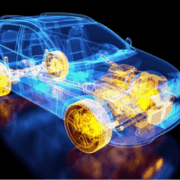
Power and Performance
This is where things get interesting:
- Gas engines usually produce more horsepower, which translates into faster acceleration and higher top speeds. That’s why they dominate in sports cars and high-performance vehicles.
- Diesel engines, on the other hand, shine in torque—the twisting force that helps trucks tow and haul. This makes diesel ideal for pickups, commercial trucks, and heavy-duty equipment.
So, it’s not about which is better—it’s about what you need the engine to do.
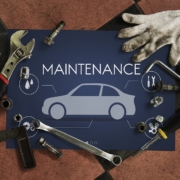
Maintenance and Longevity
Diesel engines are built to endure higher compression and typically have more robust internal components, meaning they often last longer—sometimes over 500,000 miles in commercial use.
But they also:
- Require specialized maintenance
- Can be more expensive to repair
- Are sensitive to fuel quality and cold temperatures
Gasoline engines, while usually cheaper to maintain, tend to wear out faster, especially under heavy loads or high mileage.

Environmental Impact
- Gasoline engines emit more carbon monoxide and hydrocarbons, contributing to smog.
- Diesel engines produce more nitrogen oxides (NOx) and particulate matter, which can be more harmful to human health.
Modern emission systems (like diesel particulate filters and DEF systems) have improved diesel’s environmental profile, but they add complexity and cost.

Which One Should You Choose?
It depends on your priorities:
- Choose a gasoline engine if you want lower upfront costs, smoother operation, and mainly drive short to medium distances.
- Choose a diesel engine if you tow, haul, or do a lot of highway driving—and you’re okay with paying a bit more upfront for long-term savings and durability.

Final Thoughts
The gas vs diesel debate isn’t about declaring a winner—it’s about matching the engine to your lifestyle. With advancements in both technologies, including turbocharged gas engines and clean diesel systems, the choice is now more nuanced than ever. Whether you crave efficiency, power, or reliability, understanding the engine under the hood helps you drive smarter.


